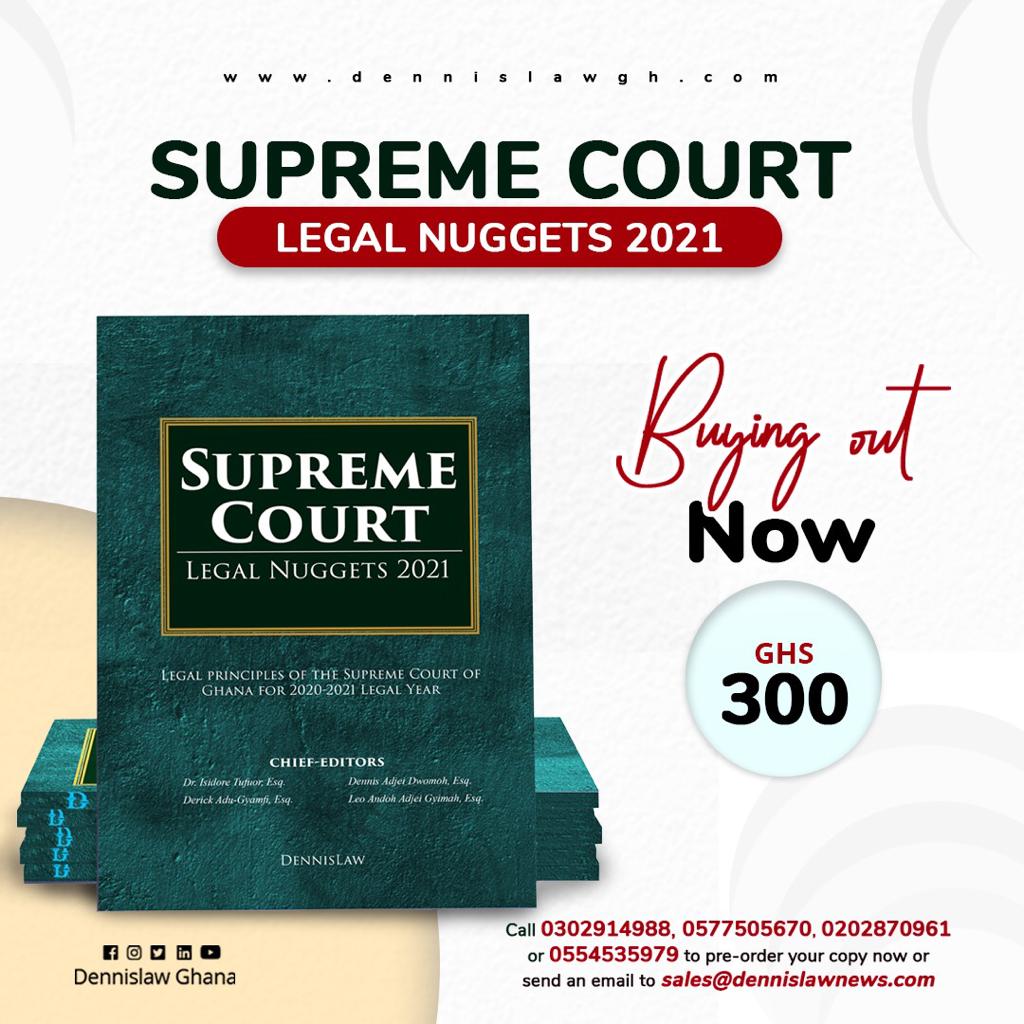THE TWENTY-NINTH
ACT
OF THE PARLIAMENT OF THE REPUBLIC OF GHANA
ENTITLED
THE CRIMINAL CODE, 1960
AN ACT to consolidate and amend the law relating to
criminal offences.
DATE OF ASSENT: 12th January, 1961
BE IT ENACTED by the President and the National
Assembly in this present Parliament assembled as follows:
PART
ONE
General Provisions
CHAPTER
ONE
Preliminary Matters
In this Act, unless the context otherwise requires,
“administer”, when used with reference to administering a substance to a person, means causing the substance to be taken or introduced into a part of a person’s body, whether with or without the knowledge or consent of that person;
“cattle” means the male, female, or young of an animal of the following kinds, namely, horse, ass, mule, kine, sheep, goat, or swine, and an animal, other than a dog, which is ordinarily kept or used as a beast of burden, or for draught, or for riding, or for the production of wool or of hair;
“citizen” means a citizen of Ghana;
“corporation” does not include a corporation sole;
“criminal offence” has the meaning assigned to it by article 19 of the Constitution;
“deliver” includes causing a person to receive a thing and permitting a person to take a thing,
whether directly or by any other person;
“duress” means force, harm, constraint, or threat, used with intent to cause a person against that person’s will to do or to abstain from doing an act;
“Engineer-in-Chief of Public Works” includes an assistant engineer, a district or an assistant
district engineer, an inspector, a sub-inspector, a foreman of works, a surveyor, an assistant surveyor, or a foreman of roads;
“export” means export from the Republic;
“felony”, “first degree felony” and “second degree felony” shall be construed in accordance with section 296 of the Criminal and Other Offences (Procedure) Act, 1960 (Act 30);
“gaoler” means the keeper or other officer having the charge of a prison;
“harm” means a bodily hurt, disease, or disorder whether permanent or temporary;
“health officer” includes the Chief Medical Officer, any other medical officer, and a person
appointed as health officer;
“import” means to import into the Republic;
“indictable offence” means an offence punishable on indictment;
“judicial proceeding” includes a civil or criminal trial, and an enquiry or investigation held by a
judicial officer in pursuance of a duty or an authority;
“jury” includes a Justice in cases where a judge, whether with or without assessors, tries a case without a jury;
“Minister” means Minister responsible for Justice;
“misdemeanour” shall be construed in accordance with section 296 of the Criminal and other
Offences (Procedure) Act, 1960;
“night” means the time between the hour of seven in the evening of a day and the hour of six in the following morning;
“order” includes a conviction;
“peace officer” means a person who is, or is acting as, a constable or special constable, or lawfully acting in aid of a constable or special constable;
“person”, for the purposes of a provision of this Act relating to defrauding a person or to
committing a criminal offence against the property of a person, includes the Republic; and expressions referring to the “public” refer not only to the citizens of the Republic as a whole, but also
(a) to the persons inhabiting or using a particular place, or a number of those persons, and
(b) to indeterminate persons as happen to be affected by the conduct with reference to which the expressions are used;
“public place” includes a public way and a building, place, or conveyance to which the public are entitled or permitted to have access, without a condition of making a payment, or on condition of making a payment, and a building or place which is used for a public or religious meeting or assembly, or as an open Court; and acts are done “publicly”
(a) if they are done in a public place as are likely to be seen by a person, whether that person is or is not in a public place; or
(b) if they are done in a place, which is not a public place, but are likely to be seen by a person in a public place;
“public way” includes a highway, market place, lorry park, square, street, bridge, or any other way which is lawfully used by the public;
“send” includes causing or attempting in any manner to cause a thing to be received by a person;
“summary offence” means a criminal or any other offence punishable on summary conviction
under an enactment;
“town” means
(a) the area of authority of a Municipal or Urban Council;
(b) a place to which the Towns Act applies; or
(c) a place, whether a town or not, which the Minister may, by executive instrument, determine to be a town;
“vehicle” includes a cart, bicycle, tricycle, and any other carriage on wheel;
“will” when used with respect to a document, means a testamentary document, whether the
document is formal or informal, complete or incomplete.




